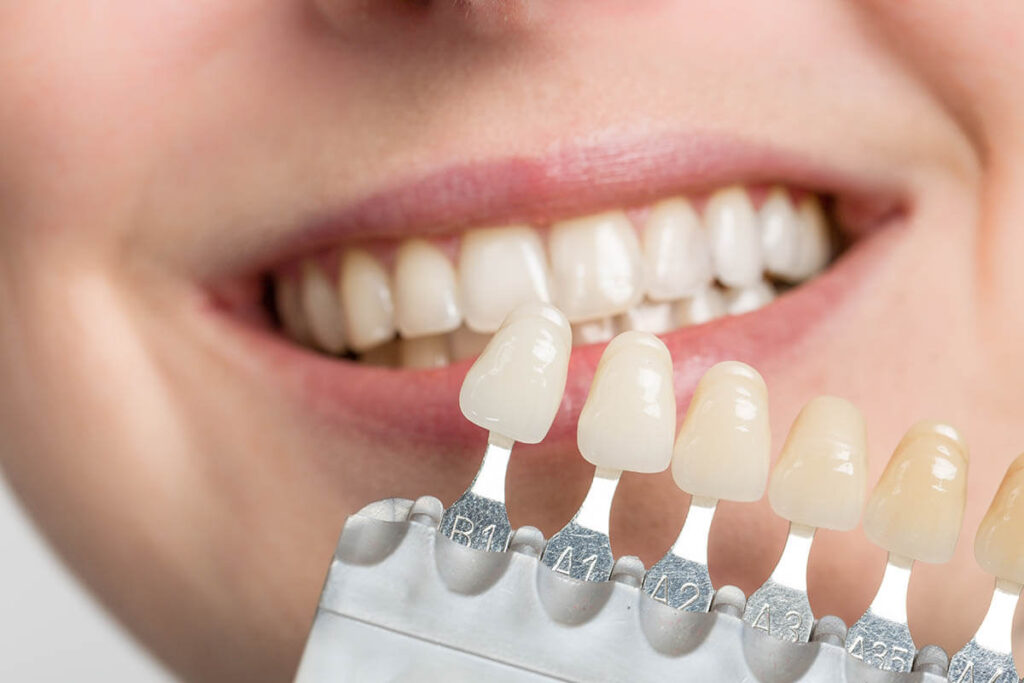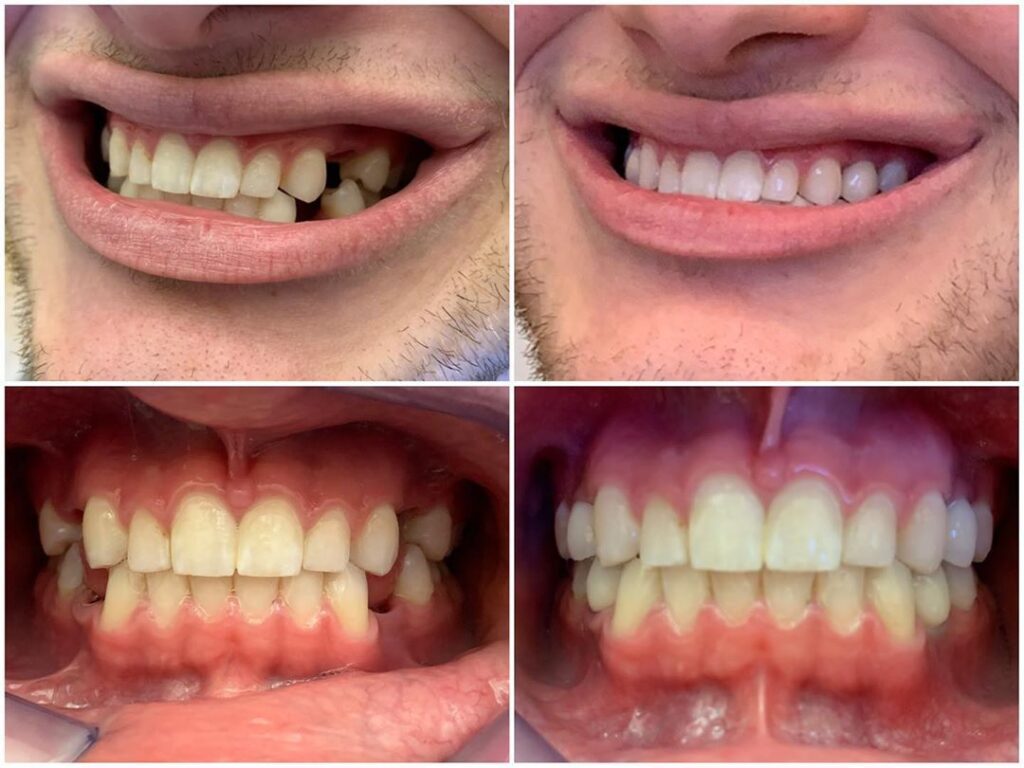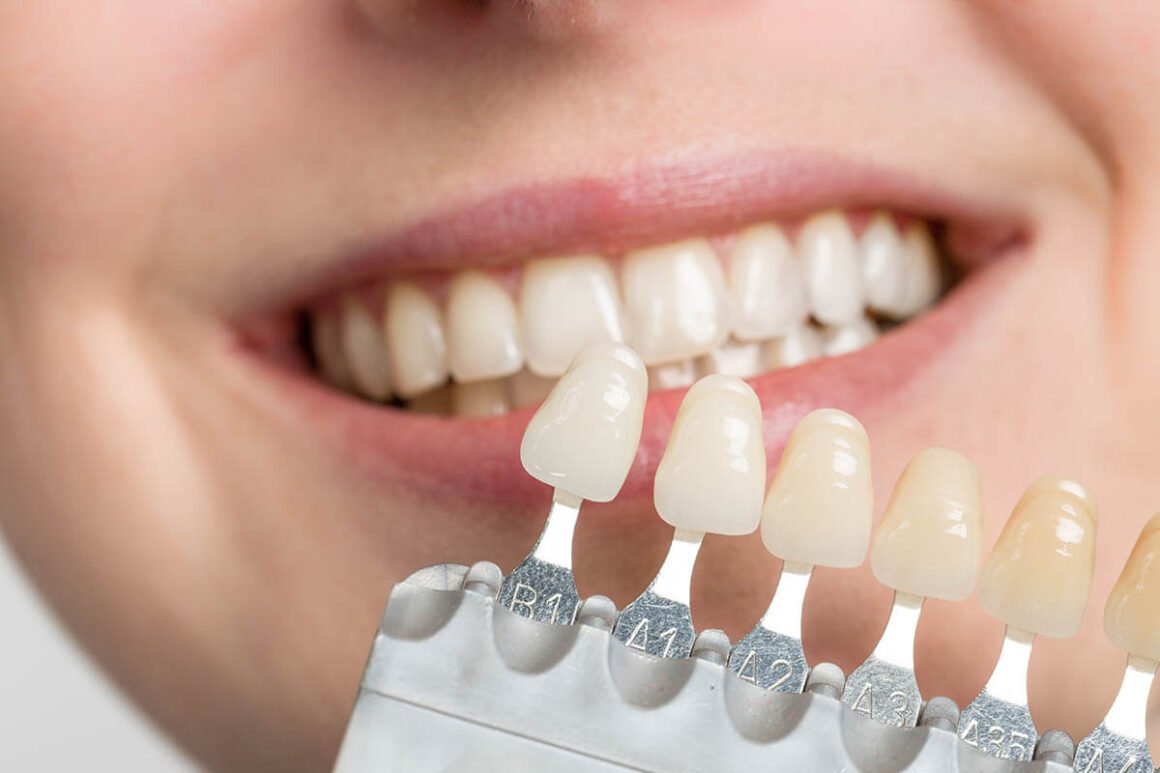The dental sector is perhaps one of the fastest growing fields in medicine, with more and more
people appreciating the importance of having good dental health. Tooth loss is a concern for
many people, and at times it takes a toll on their physical and psychological health, as well as
their social well-being. Loss of teeth may occur due to injuries, accidents, tooth decay or other
periodontal diseases. The presence of wide, spacious gaps as a result of tooth loss or having not
so good-looking teeth due to tooth decay may make one feel insecure about
their dental health. Despite these, there is some light at the end of the tunnel thanks to the use of
dental implants as a remedy for tooth loss. The good news for residents of Nairobi and its
environs is that Sterling dental clinic has brought dental implants near you, at affordable costs.
What are dental implants?
Dental implants can be described as artificial and replaceable tooth roots. They are metal posts or frames that are surgically positioned on the jaws by the use of screw-like instruments. These structures are used as anchors, that hold artificial teeth placed as a replacement for the lost teeth. A single implant can be used to hold one or more teeth, depending on its structure. In most cases, a dental crown that is custom-made for the individual patient is used. Crowns are artificial, tooth-like caps used to offer the support or functions that a normal tooth would. Moreover, they are made to suit the person’s dental structure, colour and appearance. They are also placed on the implants.
Implants can also be used with other tooth aid procedures such as dentures and dental
bridges. They are placed on the jaw and do not depend on the existing normal teeth. This gives them an advantage over bridges and dentures, which were more common
remedies for tooth loss initially. In addition, dentures were unreliable as they were removable and could at
times fall off. Bridges may at times not fit in well with the normal dental structure of the patient. This
causes difficulties during chewing or discomfort. However, using implants to anchor dentures
and bridges proves to be a more efficient way of increasing their proficiency and use. It also
helps dentures and bridges to feel more natural and comfortable than ordinary bridges or
dentures.

Types of implants.
There are two main types of dental implants. These are:
Endosteal implants– These are the most common type of implants used in the world
today. They are surgically implanted into the jawbone. Artificial teeth are then placed on
the implants.
Subperiosteal implants– They are metallic frames that are fitted onto the jawbone just
below the gum tissue. As the gums heal, the frame becomes fixed to the jawbone. Posts
are fitted onto the frames, although they at times may be protruding through the gums.
The artificial teeth are then staged on the posts.
At the sterling dental clinic, we offer both of these types of implants. One should
however consult with our periodontist, who recommends the best method to use.
Requirements for implant fitting.
Just like in any other medical procedure, we require that our clients hold consultations with
our specialists. Here, the medics will enquire about the medical history of the client,
such as any medication, supplements or even drugs they have taken. During the consultation, we
offer insights into the procedure and seek the client’s consent. In addition to this, our medics will
advise the client on the precautions to observe before and after the procedure. Following these rules is an important factor in aiding the healing process for the implants. Our medics will then analyse and examine the client’s teeth, making considerations on the location of the missing teeth. Additionally, the quantity and quality of the jawbone where the implant will be placed is also considered. The general health of the patient is also noted. The dental surgeon then makes a clinical summary based on the examination and decides whether the patient is a viable candidate for dental implants.
Who is a viable candidate for dental implants?
In case you are asking if you are a good candidate for implants, we’ve got you covered.
Dental implants are good for you if you:
Have missing teeth
Have a full-grown jaw
Have healthy oral tosses
Have adequate bone structure or are viable for and willing to take a bone graft.
One isn’t a good candidate however if they:
Are heavy tobacco smokers
Have osteoporosis
Have chronic disorders such as diabetes or heart disease
Are under treatment for bone loss disease
Have psychiatric disorder
Had radiotherapy on the head or neck
Are undergoing chemotherapy treatment
Have parafunctional habits such as oath clenching or grinding.
The procedure.
Dental implants are surgically placed through a couple of surgical procedures, done on an
outpatient basis, with healing time in between. It involves several steps such as:
o Tooth extraction– This is only done in instances where the tooth is damaged by
tooth decay, injury or accident etc. We have to remove it first to create space for the
implant.
o Jawbone grafting– This is an optional stage. It is only done where the jawbone isn’t
thick enough or is too soft to hold the implant. Chewing and other duties of the mouth
may exert pressure on the bone; thus, a strong bone is needed to hold the implant. The
graft may be a natural bone graft, obtained from the patient’s body or picked from our
donor bank. These grafts help stimulate the body into producing a thicker and denser
jawbone that will be strong.
o Implanting– Here, the dental surgeon makes incisions on the gum to reach the jaw. Holes
are then carefully drilled deep into the jaw to offer adequate support for the post that will
be placed. Since one will still be having a gap, a denture may be placed there for
appearance.
o Healing and bone growth- The process involves osseointegration, where the jawbone
grows into and unites with the surface of the dental implant. This helps ensure the
implant is firmly fixed, providing a strong base for the artificial tooth. This process takes
about 3 months.
o Abutment placing– An abutment is a piece of metal that links the metallic post and the
artificial tooth or dental crown. The surgeon reopens the cut again and fixes the abutment,
before closing the cut around the metallic piece. It takes an additional 2 weeks for this cut
to heal before further procedures are done. In some cases, the abutment is placed at the
same time as the implant, depending on the patient’s choice and the surgeon’s guide.
o Tooth placement– A dental crown that is custom made for the patient is made and later
on fixed. We use our digital dental X-rays to take a 3D scan of the mouth and come up
with a dental model, using our software. We then make a dental crown fit for the patient’s needs. Furthermore, we also offer readily available artificial teeth that are safe for use and
available for consideration.

At the Sterling Dental Clinic, these procedures are done by highly qualified and experienced specialists. Our team comprises of dentists, periodontists and surgical nurses.
They all work hand in hand to ensure that we give our patients a wonderful experience as well as
a nice-looking dentation. The operations are done under highly hygienic conditions to ensure
safety and reduce the risk of infection. In addition, we offer anaesthesia for our clients during the
procedures to numb the pain. We use high quality equipment to ensure that we
have the right dental models for all our clients. Furthermore, we ensure that we plan several
visits for checkups to assess the healing process and ensure that the clients are following the
guidelines. In cases where complications occur, we take appropriate measures
to curb them all.
Risks and side effects
Implants are an effective remedy in dentistry. However, they have a few risk factors involved.
They expose one to the risk of gum swelling and bruising, pain around the implant and
minor bleeding. They are also associated with injuries to adjacent teeth or tissues, and
periodontal diseases due to difficulties in cleaning teeth after the procedures. In rare cases, implants may lead to infections in the area or nerve damage. There is also a slight chance (a 5% chance) of the implant being rejected by the body, although this is rare. Our specialists at Sterling dental clinic will work to ensure that all the correct procedures are strictly adhered to, hence, minimising effects.
Benefits of dental implants
Dental implants have a 90% success rate, and when well-maintained, they last for a long time.
They fuse with the jaw bone, which makes it permanent and durable. Implants are also able to
serve all the purposes of a normal tooth. The dental crowns are custom-made, which ensures they
are compatible with other teeth, boosting the appearance and aesthetical outlook. In addition to
this, they offer better comfort, which is relaxing. They are easier to eat with since they are fixed
and do not slide or move. They offer one a chance to be better at speech since they are not worried about their teeth falling off (unlike dentures). Implants are placed strategically to allow
for easier cleaning and easy access in-between teeth, which improves one’s oral hygiene. Last
but not least, implants improve one’s self-esteem and confidence, giving them a chance to fit in
socially without the predicaments of a public display with their missing or damaged teeth.
Before and after.
Before and After

Take away notes.
Tooth implants are a real-life-saver for people with tooth loss or damaged teeth, and there is no
better place to have them done ta at Sterling dental clinic. At Sterling dental clinic, we have
amazing specialists, who display a professional approach with a gist of friendliness, with the
latest cutting-edge medical technology at their disposal. We are a hub for dental treatments
offering a wide variety of services, which include dental implants. We are located at the Park
Suit building in Parklands, Nairobi- Kenya, where you could visit us for consultation or check-
up. You could also contact us to book your appointment. Sterling dental clinic, has just the
remedy for all your dental problems.

